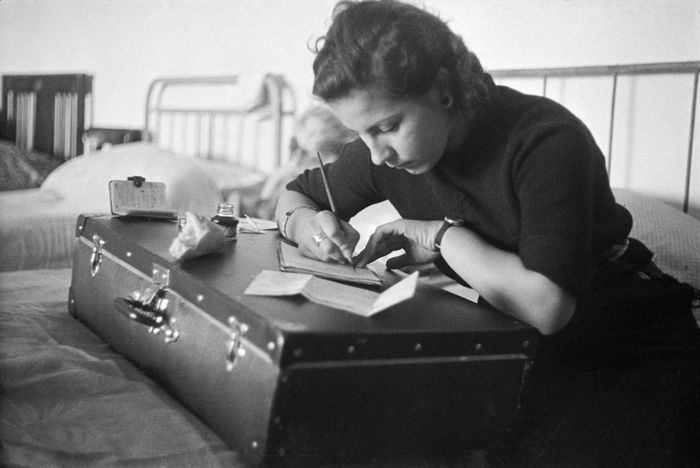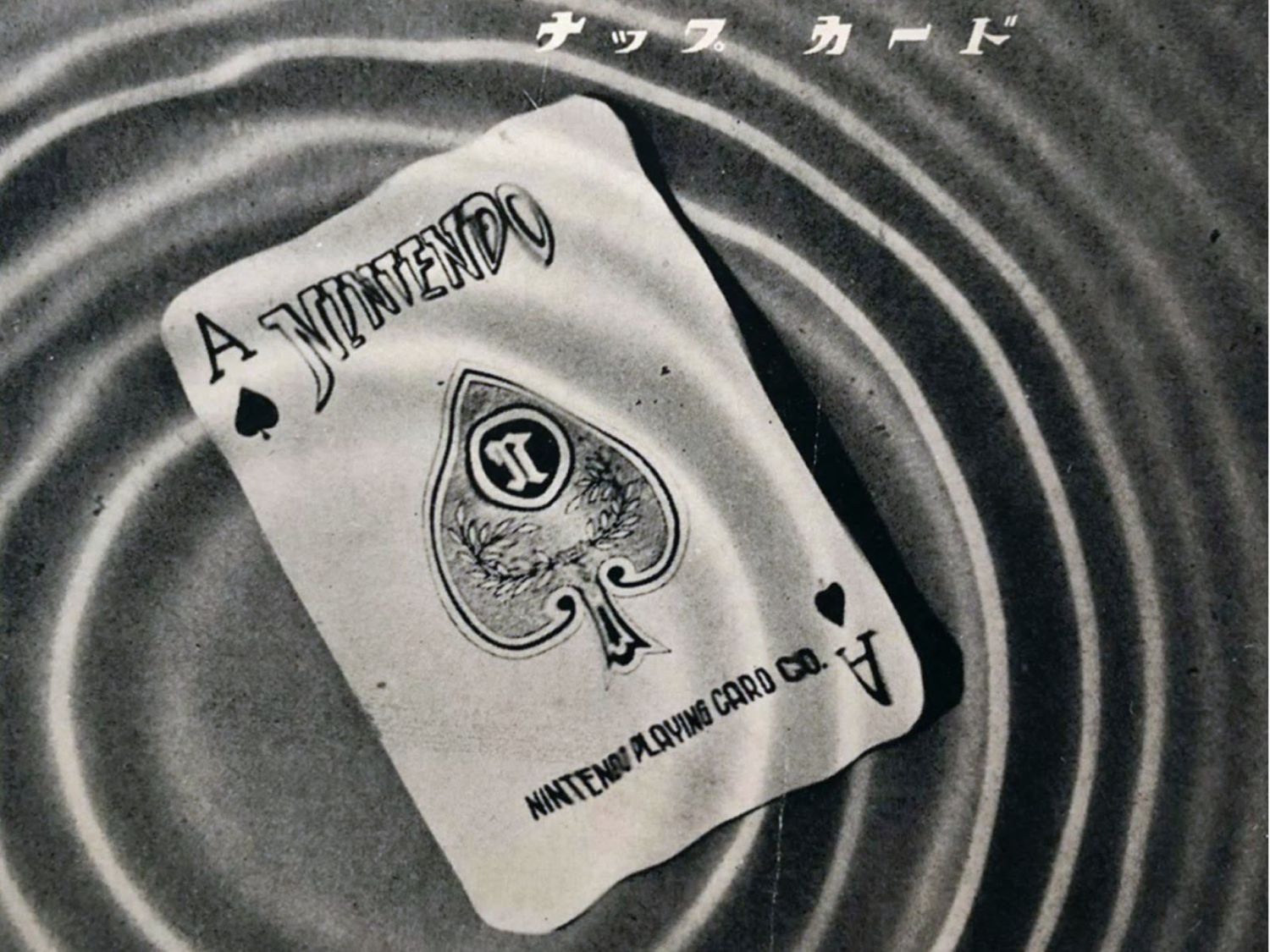Lisa Cron on why storytelling is such a powerful way to convey information.
The brain science behind why story can captivate audiences, seduce customers, and create memories where experiences don't exist.
A great story captivates you, heart and mind, from the very beginning. And once you're captured its a spell that cannot easily be broken.
But why does this work, and how can we use the power of story to captivate our audiences?
Lisa Cron lays out the answers to these questions in Wired for Story. In this 2012 book, Cron digs deep into the brain science behind storytelling, and explores what makes this ancient form of communication both an art and a science.
Here's why she says storytelling works.
Storytelling doesn't overload our brains
The world is busy enough with all the emails, social media posts, and news articles coming your way minute by minute. How can we communicate some new piece of information with that kind of competition? The answer is story.
Neuroscientists believe the reason our already overloaded brain devotes so much precious time and space to allowing us to get lost in a story is that without stories, we’d be toast.
— Lisa Cron, Wired for Story
Cron says our brains evolved to pay special attention to story because it gave us vital information in a digestible way.
"I went over the ridge and there was a huge mountain lion with teeth the size of an arm that tried to tear me to shreds," conveys to the listener a few things. (1) Don't go over the ridge, there may be mountain lions there; (2) mountain lions have big teeth; and (3) mountain lions are dangerous.
Likewise, telling a customer story (or better yet having the customer tell THEIR story) is a great way to convey the qualities of your products without providing too much information.
Storytelling helps us learn
Too many people think story exists for entertainment alone. Yes, we enjoy a good story, but a good story can also be educational.
The pleasure we derive from a tale well told is nature’s way of seducing us into paying attention to it. In other words, we’re wired to turn to story to teach us the way of the world.
— Lisa Cron, Wired for Story
"Here comes the choo choo," says the parent trying to get their baby to eat her green beans. "Chugga' chugga'!"
Don't discount story because it is entertaining. That's the reason it's so powerful.
Like feeding nutritious food to a baby while making airplane sounds, story can make digesting tedious information fun.
Stories create memories
Story allows listeners to step into the shoes of the main character. They can imagine, if only for a moment, that they are in some other place, experiecing some other things.
Story is the language of experience, whether it’s ours, someone else’s, or that of fictional characters... Stories allow us to simulate intense experiences without actually having to live through them.
— Lisa Cron, Wired for Story
And through that exercise, story simulates memories. If learning from experience is the most powerful way to remember a lesson, then learning through story is the next best thing.
Because story simulates experience (and its product — memories), the lessons we learn through stories stick with us.
With storytelling, we can predict the future
We evolved to survive, and stories allow us to tap into other people's minds. This helps our survival because we can better understand the world around us through others' perceptions and do a better job predicting outcomes of any given circumstance.
Story evolved as a way to explore our own mind and the minds of others, as a sort of dress rehearsal for the future. As a result, story helps us survive not only in the life-and-death physical sense but also in a life-well-lived social sense.
— Lisa Cron, Wired for Story
This is perhaps the greatest reason why storytelling is so powerful. A primitive part of our brain is triggered when we hear a story. It says, "Hey, listen up. Your life might just depend on this."
The stakes aren't quite so high when we're using storytelling in marketing. But we can still use storytelling to convey how our products make customers lives better.
And if that's the goal of marketing, then storytelling is a great way to get there.
— Mike Doane
P.S. Don't walk away empty-handed
Above the Fold is a newsletter about the power of marketing. Every week I send stories just like these straight to your inbox.




